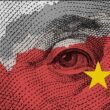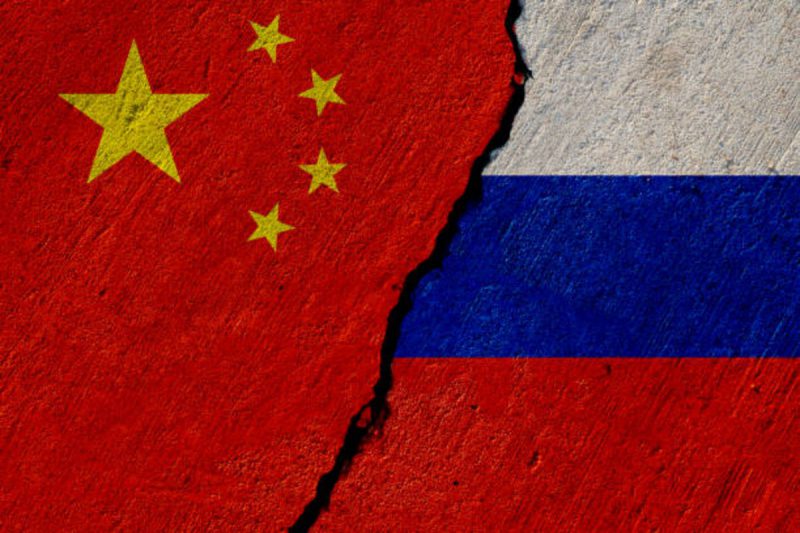Russian President Vladimir Putin has time and again batted for China. A few hours ago, he outright called for the internationalization of the Chinese yuan. In a recent speech, Putin alleged that around two-thirds of the trade between Russia and China happens with the yuan and ruble. The president went on to say his country is in favor of using the yuan in settlements between Russia and the countries of Asia, Africa, and Latin America.
Also Read: Russia to Launch Digital Ruble (CBDC) Pilot in April
China and Russia’s alliance is “not confrontational”
China became a significant economic lifeline for Russia when it faced Western sanctions, and now the latest move is all set to deepen the political and economic ties between the two countries.
As a part of Xi Zinping’s current visit to Moscow, the two leaders signed about fourteen economic agreements on March 21. The report included a host of tangents, right from scientific cooperation to joint production of television programs. Putin’s latest announcement indicates that the two countries are together looking to offset the U.S. dollar’s worldwide dominance.
It is interesting to recall that when Putin visited Xi in Beijing in early February last year, they issued a joint statement that noted that “friendship between the two states has no limits; there are no “forbidden” areas of cooperation.”
In another joint statement announcing the agreements, China and Russia said their alliance is not “confrontational in nature” and “not directed against third countries.” In fact, the leaders went on to call for an “acceleration of the process of establishing a multipolar world order.”
Specifically, Putin also mentioned the Chinese currency in the context of Russian investments in the developing world. He said,
“I am confident that these forms of settlement in yuan will develop between Russian partners and their counterparts in third countries.”
Russia’s latest move will also likely foster the Chinese government’s aim to become more involved in global economic and political affairs.





